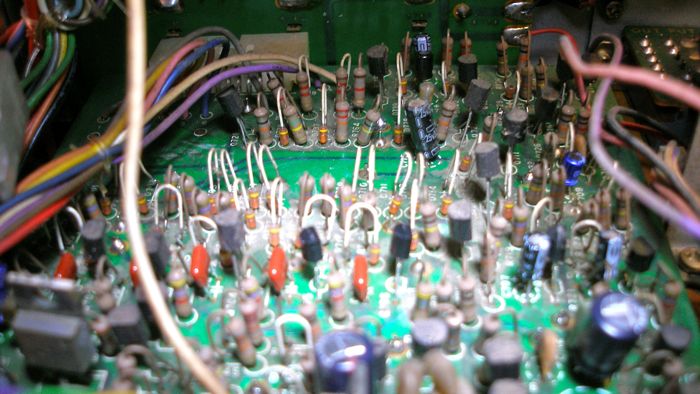A recent news report on the BBC website about recycling and repairing ‘old’ technology resonates strongly with the work of Greatbear.
The story focused on the work of Restart Project, a charity organisation who are encouraging positive behavioural change by empowering people to use their electronics for longer. Their website states,
the time has come to move beyond the culture of incessant electronics upgrades and defeatism in the face of technical problems. We are preparing the ground for a future economy of maintenance and repair by reskilling, supporting repair entrepreneurs, and helping people of all walks of life to be more resilient.
We are all familiar with the pressure to adopt new technologies and throw away the old, but what are the consequences of living in such a disposable culture? The BBC report describes how ‘in developed nations people have lost the will to fix broken gadgets. A combination of convenience and cultural pressure leads people to buy new rather than repair.’
These tendencies have been theorised by French philosopher of technology Bernard Stiegler as the loss of knowledge of how to live (savoir-vivre). Here people lose not only basic skills (such as how to repair a broken electronic device), but are also increasingly reliant on the market apparatus to provide for them (for example, the latest new product when the ‘old’ one no longer works).
A lot of the work of Greatbear revolves around repairing consumer electronics from bygone eras. Our desks are awash with soldering irons, hot air rework stations, circuit boards, capacitors, automatic wire strippers and a whole host of other tools.
We have bookshelves full of operating manuals. These can help us navigate the machinery in the absence of a skilled engineer who has been trained how to fix a MII, U-Matic or D3 tape machine.
As providers of a digitisation service we know that maintaining obsolete machines appropriate to the transfer is the only way we can access tape-based media. But the knowledge and skills of how to do so are rapidly disappearing – unless of course they are actively remembered through practice.
The Restart Project offers a community-orientated counterpoint to the erosion of skills and knowledge tacitly promoted by the current consumer culture. Promoting values of maintenance and repair opens up the possibility for sustainable, rather than throwaway, uses of technology.
Even if the Restart Project doesn’t catch on as widely as it deserves to, Greatbear will continue to collect, maintain and repair old equipment until the very last tape head on earth is worn down.



Even if the Restart Project doesn’t catch on as widely as it deserves to, Great Bear will continue to collect, maintain and repair old equipment until the very last tape head on earth is worn down……
And then–You Re-Lap it to work again!
–Something I used to do when very young to keep my equipment working–who would have thought that there are businesses based on doing exactly that these days!
There are even Co’s in the States that can re-make heads–Including Video….
Main issues are going to be the Loss Of Repair Knowledge–They don’t teach about Valves–OR Transistors anymore in electronics courses! I’m an Electronics Engineer, probably one of the last around here that knows anything about Analogue Electronics, recording/playback in analogue formats…..
Planned Obsolecence, the demand for something ‘new every 6 months by consumers has driven the way things are, along with the demanded continued ‘growth’ by Co’s and Govt. They only have themselves to blame when it all goes wrong and No One can repair it anymore!!
Me?–I still design and build Valve Amplifiers and restore old Video equipment for fun!